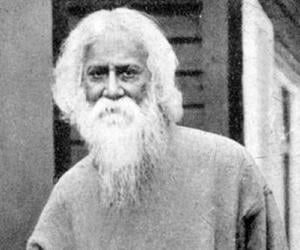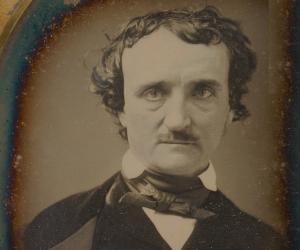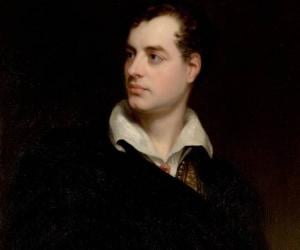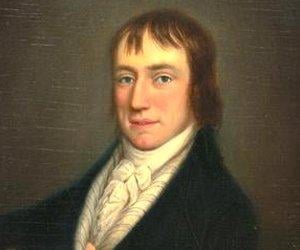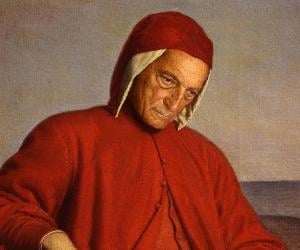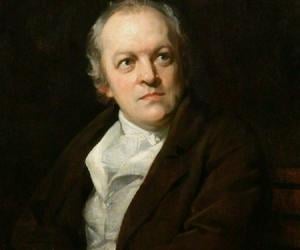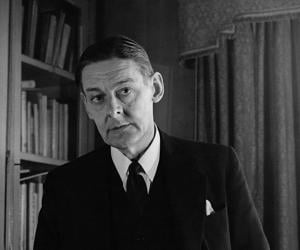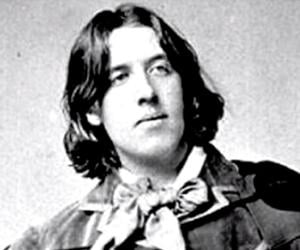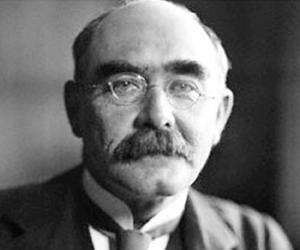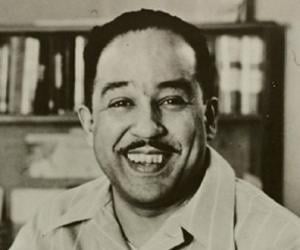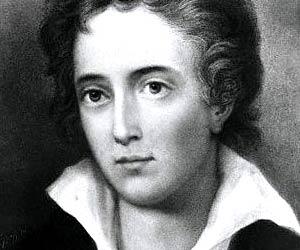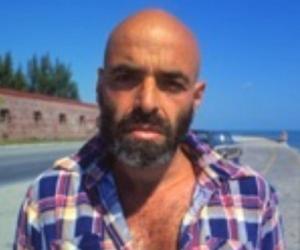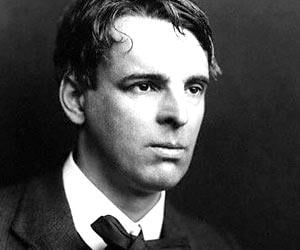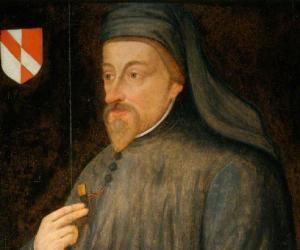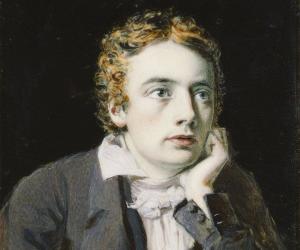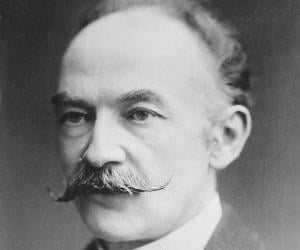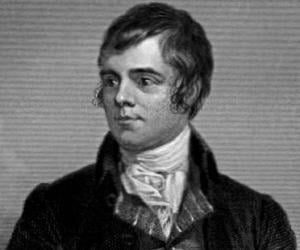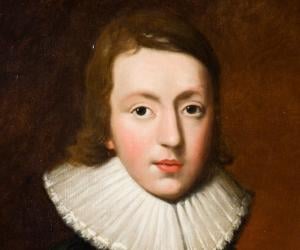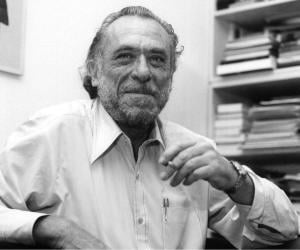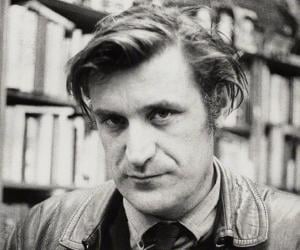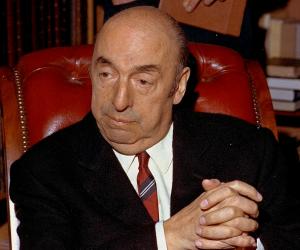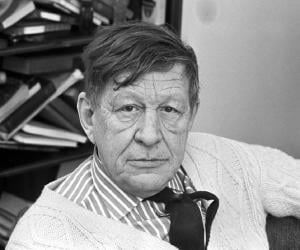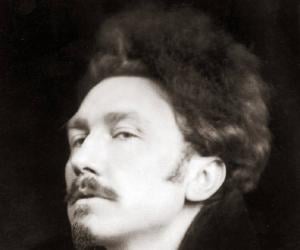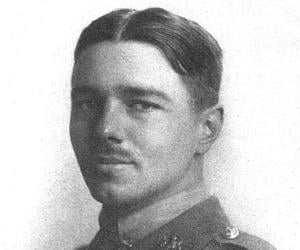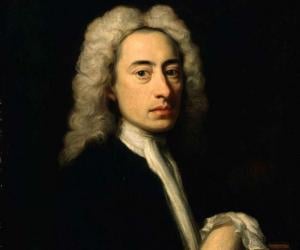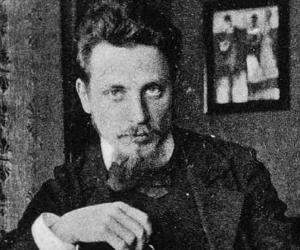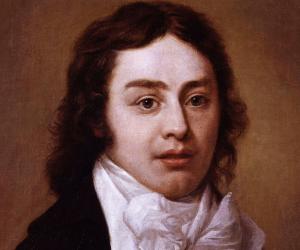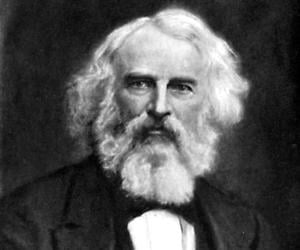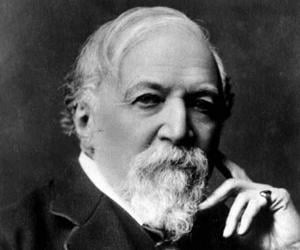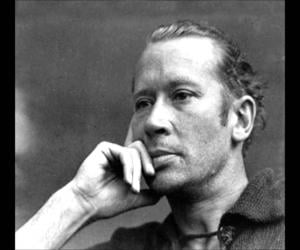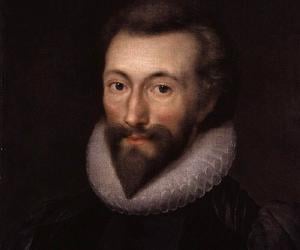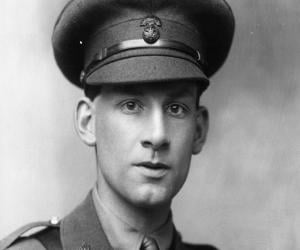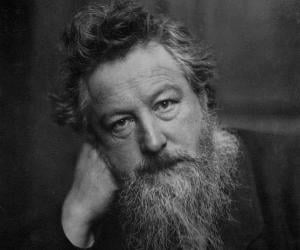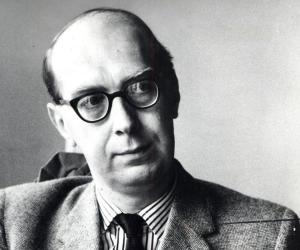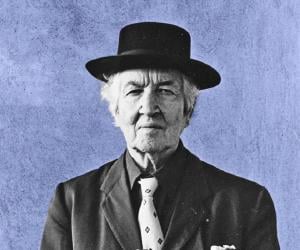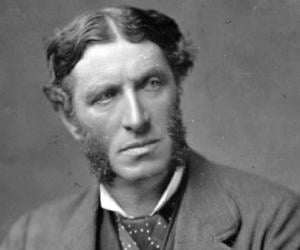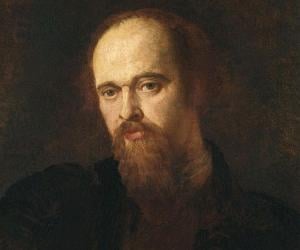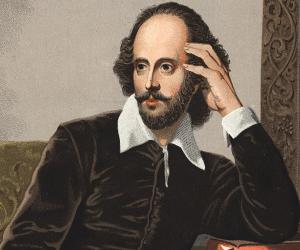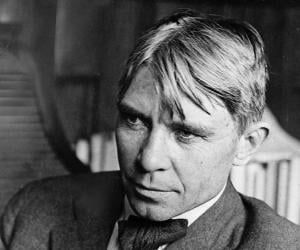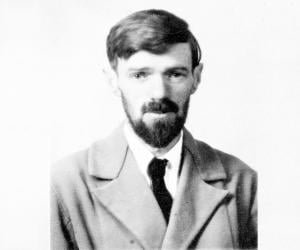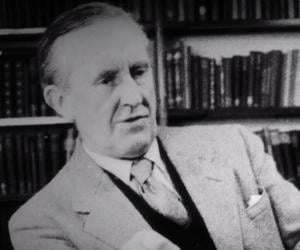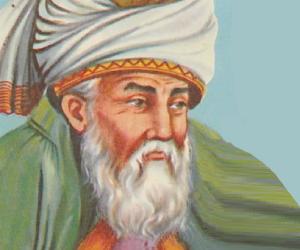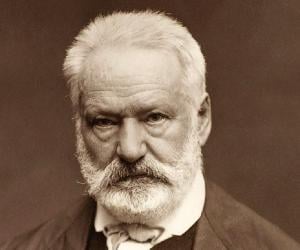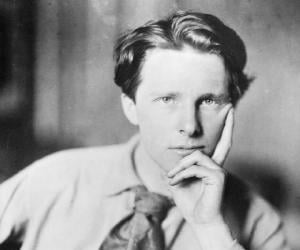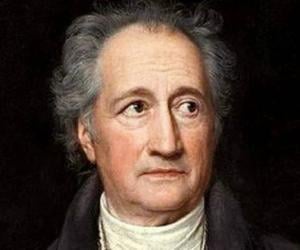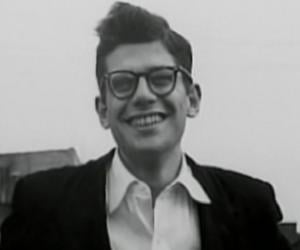Rabindranath Tagore was an Indian polymath who contributed greatly to the fields of literature, art, and philosophy. Referred to as the Bard of Bengal, Tagore is credited with reshaping Bengali literature and music. The first non-European to receive the Nobel Prize in Literature, Tagore is also credited with composing the national anthems of India and Bangladesh.
American writer Edgar Allan Poe is regarded as the architect of modern short story, the inventor of the detective-fiction genre and a major contributor towards science fiction genre. The influential writer is recognised for his tales of mystery and macabre. His notable works include The Raven (poem), The Tell-Tale Heart and The Fall of the House of Usher (short stories).
Widely considered one of the greatest British poets of all time, Lord Byron remains influential as his works are widely read even today. He was also one of the most important personalities of the Romantic Movement. He is also known for his role in the Greek War of Independence, for which the Greeks consider him a national hero.
Robert Frost was an American poet. An influential poet, Frost was honored with four Pulitzer Prizes for Poetry, the only poet to receive four such awards. One of America's public literary figures, Robert Frost received the Congressional Gold Medal in 1960. His works influenced other poets like Robert Francis, James Wright, Edward Thomas, Richard Wilbur, and Seamus Heaney.
English poet William Wordsworth, along with Samuel Taylor Coleridge, released Lyrical Ballads in 1798, which set the tone for the Romantic Age of English Literature. Wordsworth was known for his poems I Wandered Lonely as a Cloud, The Prelude, and The Solitary Reaper. He also served as the Poet Laureate.
Dante Alighieri was an Italian writer, poet, and philosopher. His work Divine Comedy is widely regarded as the greatest literary work ever produced in the Italian language and the most prominent poem of the Middle Ages. Often referred to as the father of the Italian language, Dante Alighieri played a crucial role in establishing the Italian literature.
Widely regarded as one of the most popular writers of all time, Oscar Wilde is best remembered for his plays and epigrams. He was also one of the best-known personalities during his time as he was popular for his conversational skills, flamboyant dressing sense, and biting wit. Imprisoned in 1895 for consensual homosexual acts, Oscar Wilde was pardoned posthumously in 2017.
Walt Whitman was an American poet, journalist, and essayist. Also a humanist, Whitman played a crucial role in the shift between transcendentalism and realism. Often referred to as the father of free verse, Whitman is one of the most influential American poets of all time. Several decades after his death, Walt Whitman's poetry remains influential.
English journalist, short-story writer, poet, and novelist Rudyard Kipling is best remembered for his fiction work The Jungle Book. He was born in India and many of his works are inspired by his life in the country. He was one of the most popular English writers in the late 19th and early 20th century.
Langston Hughes is best remembered as a prominent leader of the Harlem Renaissance. He was one of the first to write jazz poetry. He also wrote plays and short stories. He was a columnist for The Chicago Defender and wrote the iconic poem The Negro Speaks of Rivers.
Shel Silverstein was an American writer, playwright, songwriter, and cartoonist. Renowned for his children's books, songs, and cartoons, Silverstein's works have been translated into over 30 languages. The recipient of many prestigious awards, such as Grammy Awards, Shel Silverstein was posthumously inducted into the Chicago Literary Hall of Fame.
Geoffrey Chaucer was an English author and poet. He is best known for his collection of 24 stories titled The Canterbury Tales. Geoffrey Chaucer is widely regarded as the greatest British poet of the Middle Ages and is often referred to as the father of English poetry. He is also credited with helping legitimize the literary use of Middle English.
John Milton was an English poet whose epic poem Paradise Lost is widely regarded as one of the greatest works of literature. Milton's other celebrated work Areopagitica is counted among history's most impassioned and influential defenses of freedom of the press and freedom of speech. John Milton’s works have influenced other prominent writers, such as Thomas Hardy and George Eliot.
German-American poet and short story writer ,Charles Bukowski, addressed the ordinary lives of poor Americans in most of his works. Since his death, he has been the subject of many critical books and articles. His stories have inspired several films like Tales of Ordinary Madness, Crazy Love, and Factotum.
Chilean poet-diplomat and politician, Pablo Neruda, won the Nobel Prize for Literature in 1971. He was a versatile writer and his works include surrealist poems, historical epics, political manifestos, and love poems. He is considered the national poet of Chile. As a politician, he served a term as a senator for the Chilean Communist Party and held several diplomatic positions.
W. H. Auden was an Anglo-American poet. His poetry was noted for its technical achievement and versatility. He wrote poems on love, political and social themes, and cultural and psychological themes. Throughout his career, Auden was both influential and controversial. His personal life also attracted attention as he had sexual relationships with men, which was unusual at the time.
Wilfred Owen was an English soldier and poet. One of the most important poets during World War I, Owen wrote about the horrors of gas warfare. His life and career inspired a docudrama titled Wilfred Owen: A Remembrance Tale where he was portrayed by Samuel Barnett. In 1989, the Wilfred Owen Association was established to commemorate his life and poetry.
Alexander Pope was a satirist and poet whose works produced during the Augustan period made him one of the greatest artistic exponents of that period. Widely regarded as one of the most important English poets of the 18th century, Alexander Pope is best remembered for writing discursive poetry and heroic couplets.
Bohemian-Austrian poet and author Rainer Maria Rilke is best remembered for his numerous poetry collections and his only novel, The Notebooks of Malte Laurids Brigge. His works contain metaphors, contradictions, and elements drawn from Greek mythology. Though most of his works were in German, he had also written in French.
Samuel Coleridge was an English poet, philosopher, theologian, and literary critic. He is credited with co-founding the Romantic Movement in England along with his friend William Wordsworth. Despite struggling from bouts of depression and anxiety throughout his adult life, Samuel Coleridge had a major influence on American transcendentalism and writers like Ralph Waldo Emerson.
Robert Browning was an English playwright and poet best remembered for his dramatic monologues. His monologues are widely studied around the world as most teachers consider them ideal examples of the monologue form. One of the most important Victorian poets, Browning has inspired several poets and playwrights.
Siegfried Sassoon was an English writer, poet, and soldier. One of the most popular poets during the First World War, Sassoon's works satirized the patriotic pretensions of those accountable for the war as well as described the horrors of the war. Siegfried Sassoon's works and ideology greatly influenced another leading poet of the First World War, Wilfred Owen.
William Morris was a British poet, novelist, textile designer, translator, and socialist activist. He played a major role in reviving the traditional British textile arts and the various methods of production. As a novelist and poet, Morris helped establish the fantasy genre, which is prevalent today. He is counted among the most important cultural figures of the Victorian era.
Iconic Victorian poet and literary critic Matthew Arnold is best remembered for his classic essay Culture and Anarchy, which was a social critique of the Victorian era. He also penned poems such as Dover Beach and Sohrab and Rustum. He had also been a school inspector for over 3 decades.
Known for founding the Pre-Raphaelite Brotherhood, Dante Gabriel Rossetti was a legendary poet and painter of the 19th century. His illustrations also adorned the books of his poet sister Christina Rossetti. Known for volumes such as The House of Life, he also influenced the Aesthetic movement.
English playwright, poet, and actor William Shakespeare is widely regarded as the greatest writer in the English language. He is also often called England's national poet. Many of his works have been translated into other languages and his plays continue to be produced till day. Popular during his lifetime, he acquired an iconic status after his death.
Carl Sandburg had begun working since age 11 and been employed in various odd jobs, such as a truck driver, a harvester, and a brickyard hand, before being part of the Illinois Infantry. The two-time Pulitzer-winning poet and biographer late also won a Grammy for his recording of Lincoln Portrait.
English writer, D. H. Lawrence, was known for exploring sensitive issues, such as sexuality, emotional health, and instinct. In his works, he often reflected upon the dehumanizing effects of modernity and industrialization. The sexual nature of his writings earned him many enemies. Even though he died at the relatively young age of 44, he left behind a rich literary legacy.
Considered one of the greatest authors, JRR Tolkien is popularly called the father of the modern fantasy literature. He is best known for his high fantasy classic works The Hobbit and The Lord of the Rings, which is set in a conceived world called the Middle-Earth. Many years after his death, Tolkien continues to be one of the best-selling writers.
Rumi was a Persian poet and Sufi mystic whose spiritual legacy has been attracting praises for the past 800 years! Often described as the best-selling and most popular poet in the US, Rumi's poems are widely read today in many countries. His poetry has influenced the literary traditions of many languages, such as Pashto, Urdu, Chagatai, and Ottoman Turkish.
Victor Hugo was a French poet, dramatist, and novelist of the Romantic movement. Regarded as one of the best-known and greatest French writers of all time, Victor Hugo wrote abundantly during his career that spanned over six decades. Thanks to his works, such as Hernani and Cromwell, Victor Hugo was one of the leading figures of the Romantic literary movement.
Regarded as the greatest literary figure in Germany's modern era, Johann Wolfgang von Goethe was a statesman and writer. Apart from writing poetry and prose, he also wrote treatises on color, anatomy, and botany. Thanks to his literary genius, Goethe was made part of the Duke's privy council in Weimar and he implemented several reforms at the University of Jena.
